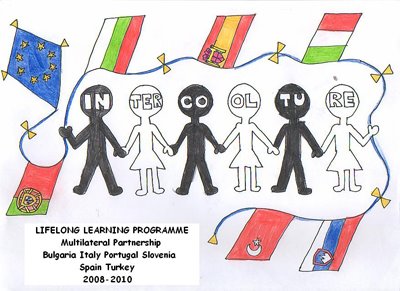 NASRETTİN HOCA
NASRETTİN HOCAHe was born in the village of Hortu of Sivrihisar and died in 1284 in Aksehir, a province of Konya, where his tomb is. His father was the imam(religious leader) of the village. Nasr-ed-Din, or "Victory of the Faith", was the name given by his parents to the author of the tales, and Hodja, meaning "Master" or "Teacher" is the honorific title which he subsequently acquired. It is obvious that Hodja was a witty man with sense of humor and he was a good conversationalist. Yet, based on most of the stories it is wrong to assume that everything he said was humorous. Over the years, the number of Nasreddin Hodja stories increased significantly since he was used as the main character in the new stories about other people. Among these, there are some that are easily recognized as not authentic Nasreddin Hodja stories. We can, therefore, say that Hodja and his stories were created by the natives of Anatolia in the 13th century, and the creation has lasted for centuries. Today, these stories belong to all Turkish people. Every year, Nasreddin Hodja Festivals are organized both in Sivrihisar; which is his birthplace; and in Aksehir where his tomb is. After reading some of the stories of Hodja, we think that you, too, will believe that Hodja will be living for generations to come...Just as Hodja did, may be you, too, will answer when asked "What do they do with the old full moons?", "They cut them up into small pieces and make the stars!.."
EAT MY FUR COAT EAT
The Hodja was invited out to dinner. He went in his old clothes and nobody was interested in him. When he found a few minutes to spare, he rushed home and collected his fur coat. When he came back, he was treated with great respect. Everybody wanted to speak to him. When they sat down for dinner he said: “Eat, fur coat, eat!” And he explained to the curious people: “If this regard is for my coat, it must eat also.”
WHAT IF IT BECOMES LEAVENED!
Nasreddin Hodja puts some food in his saddle – bag and sets out. At noon, he sits under a tree by Lake Akşehir. He eats some bread, olives and a bowl of yogurt merrily in the shadow. While he is shaking the bowl of yogurt, someone sees him and asks:What are you doing, Hodja? I’m leavening the lake. My God! Can the lake be leavened? Is that possible? I also know that it can’t, but what if it becomes leavened!
THEN, WHERE IS THE CAT?
A few times Hodja brought home some meat but never got a chance to eat it. His wife either ate it herself or gave it to her friends, and each time Hodja asked for some meat she said,"The cat stole it. I ran after it but I couldn't catch it."One day when his wife again told him that the cat had eaten the 2 kilos of meat he had brought, Hodja grabbed the cat and weighed it. It weighed 2 kilos. Hodja then turned to his wife and said,"If this is the cat then where is the meat? But if this is the meat, then where is the cat?"
THANK YOU VERY MUCH FOR YOUR INTERESTWE HOPE YOU ENJOYED

No comments:
Post a Comment
Would you like to leave a comment?